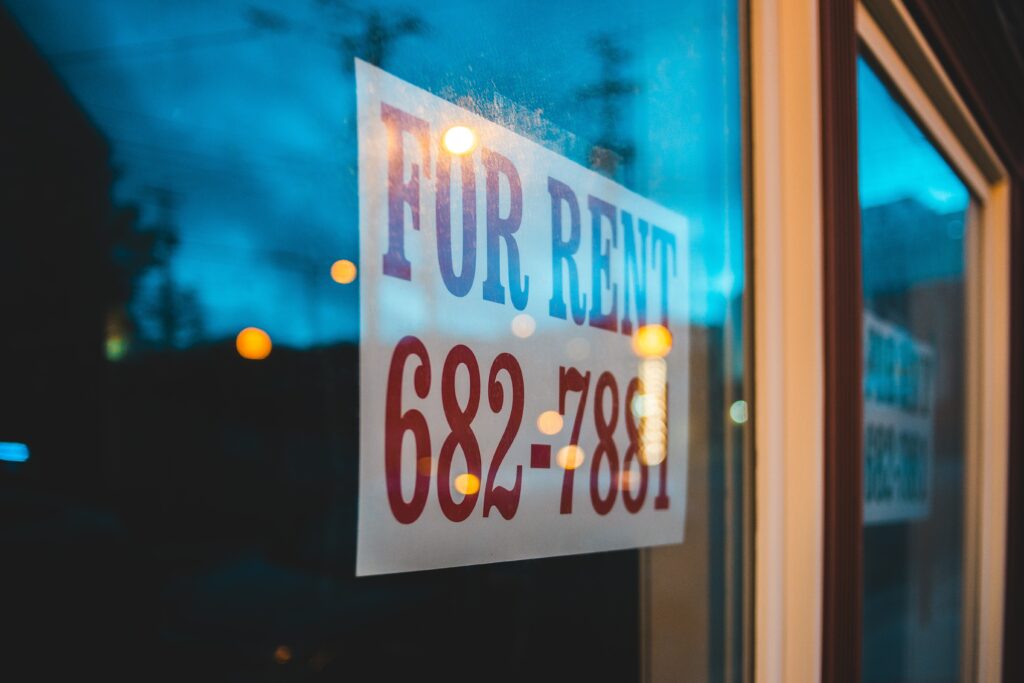
As we’ve discussed recently, tensions between landlords and tenants have grown in recent years. Those tensions have put a strain on many aspects of the landlord-tenant relationship, including the eviction process.
Evicting tenants has always been a contentious issue, so regardless of where that relationship stands, it remains important to go through the proper channels to evict a tenant. Protecting your Florida real estate portfolio includes avoiding situations that can quickly escalate and get you stuck in the middle of unnecessary litigation.
When You Can Evict a Tenant
Florida law has specific and strict guidelines for when a landlord may evict a tenant. It’s not as simple as wanting to vacate a property if a lease agreement remains in place.
Florida Statute 83.56(2) addresses the landlord’s right to evict. A Florida landlord can legally evict a tenant under a few circumstances, including:
- A tenant’s failure to comply with Statute 83.52 pertaining to the tenant’s obligation to maintain a property
- A tenant violates the terms of the rental agreement in such a manner that the tenant should not be given the opportunity to cure the issue (such as destruction, damage, or misuse of landlord property by intentional or continued negligent actions)
- A tenant continues to violate the terms of the rental agreement for 12 months after receiving a specific notice about noncompliance
- Rent is past due for at least three days (excluding weekends and federal holidays) after a written notice from the landlord demanding the past-due amount
Any of these circumstances provide you with the legal right to evict a tenant as long as you do so through the proper legal channels and processes.
How You Can Provide Notice
The state of Florida makes the notice step in this process relatively straightforward. The statute above provides a word-for-word notice that lessens the liability risk for either party. These notices must be submitted by mail to tenants.
As mentioned above, a Florida tenant can be evicted after failing to pay rent as long as the landlord has provided a three-day notice of the intent to collect the overdue rent or vacate the property. Statute 83.56(3) provides the script for that notice.
Statute 83.56(2)(a) provides the script for providing notice when a tenant is in violation of the terms of the rental agreement in a manner that cannot or has not been cured.
Filing an Eviction Lawsuit
Some landlords will try to force a tenant out after providing notice by doing things like changing the locks or turning off utilities. You should NEVER do this – it is illegal and could result in your facing significant liability in a lawsuit.
Once written notice is properly served, the tenant will be given seven days to vacate the premises. If the tenant fails to do so, the landlord can file an eviction lawsuit to legally remove the tenant from the property. The tenant will have the legal right to defend themselves which can drag this process out, but tenants who don’t have a valid defense could be putting their financial future at risk (including marks against their credit score and additional legal fees).
Who Can Physically Remove a Tenant
If the court issues an eviction order, only a law enforcement officer will be permitted to physically remove a tenant. These officers of the law will go to the property and give the tenant the opportunity to willfully leave before any additional measures such as physical force or arrest are necessary. In most cases, physical force is not necessary.
Speak to an Attorney
This process has plenty of steps that can create risk for Florida real estate investors. We don’t want to see your hard work destroyed by problem tenants who complicate the eviction process further. Working with an attorney is a surefire way to protect your real estate investments and ensure growth. Schedule a consultation with Bryant Taylor Law today.
Bryant Taylor
Latest posts by Bryant Taylor (see all)
- Understanding Hard Money Lending for Real Estate Investments - April 18, 2024




